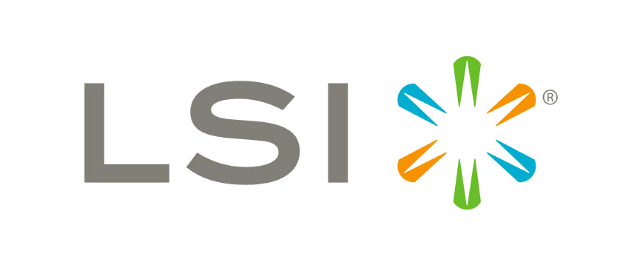Seagate Technology, a world-leading provider of storage products, is announcing that they have entered into a definitive asset purchase agreement with Avago Technologies Limited, which will result in Seagate acquiring from Avago the assets of LSI’s Accelerated Solutions Division (ASD) and Flash Components Division (FCD) for a reported $450 million in cash. Although a bit of a late-comer to the SSD market, Seagate is taking steps to position themselves as a serious player. Acquiring Virident Systems back in February gave them a strong entry into the enterprise SSD arena, and this acquisition gives them much-needed controller technology that already has a proven presence in the consumer SSD market.
LSI’s ASD is the second largest entity in the enterprise PCIe flash business with well-established products in an ever-growing market. LSI’s FCD business is led by its SandForce controllers, including the widely-adopted SF2200 series, and its new long-anticipated SF3700 series, and again has a very strong presence in the burgeoning SSD markets. It remains to be seen if Seagate will be interested in continuing to license the SandForce controller technology to other SSD producers.
According to Steve Luczo, Seagate’s chairman and CEO, “Seagate is committed to providing our customers with a complete range of storage solutions, and this acquisition will significantly enhance our flash storage offerings to supplement our existing portfolio. LSI’s ASD business has the broadest PCIe flash product offering and intellectual property in the market today and the FCD business has best-in-class SSD controllers with proven support for a wide range of applications. This acquisition immediately boosts Seagate’s range and depth of flash storage capabilities today, and these teams bring to Seagate the expertise to accelerate our roadmap in this important and growing market.”
The acquisition is anticipated to finalize in Q3 of 2014, subject to usual and customary closing conditions and the necessary regulatory approvals. The Seagate press release announcing the acquisition can be viewed in its entirety here.
 The SSD Review The Worlds Dedicated SSD Education and Review Resource |
The SSD Review The Worlds Dedicated SSD Education and Review Resource | 


I am so confused with all the new and never ending SSD tech that I really cannot asses this article. I am still happy with my original Vector by OCZ. No problems, fast. My next move will most likely be an m.2 PCIe play. Hopefully in the next version of the Mac mini, my current and favorite computer.
I hope it bodes well for Seagate, but it seems to me that they totally ignored this space for way too long. LSI, which was originally almost responsible for the death of SSD’s die to bugginess, seems to be everywhere these days. I can only assume they are capable of enterprise grade SSD’s at this time.